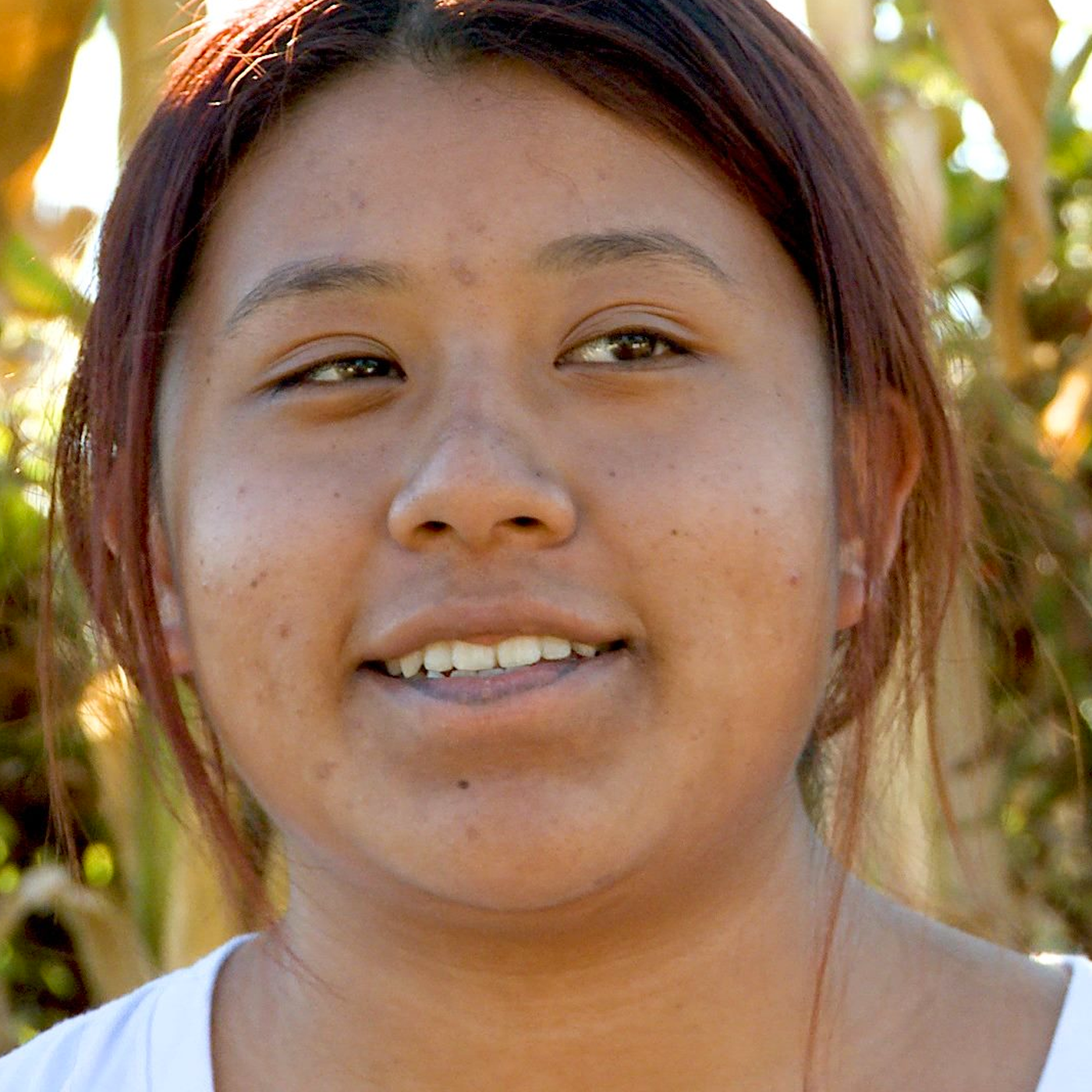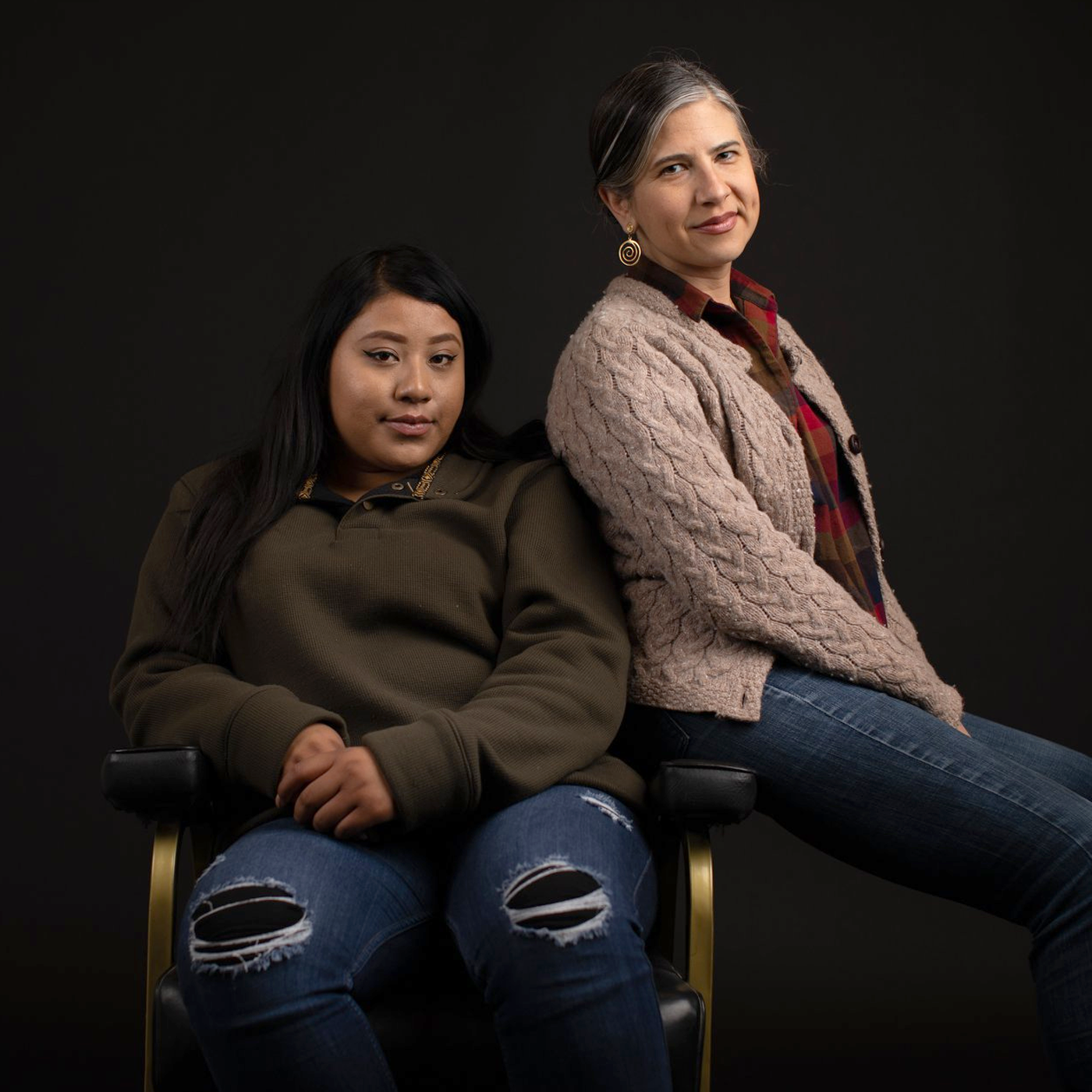When thinking about America’s farmworkers, Colombian American filmmaker Emily Cohen Ibañez always understood the significance of Cesar Chavez and Dolores Huerta’s activism with the United Farm Workers during the ‘60s. She knew of the labor union’s history and the strikes, boycotts and campaigns that demanded rights for workers across the nation.
What she didn’t hear enough about, however, were the workers’ children—many of whom end up working in the fields with their parents since federal law doesn’t protect them from getting hired for agricultural jobs at a young age (12 years old—sometimes younger).
This was a story I didn’t see being told.
When ICE raids began increasing during the Trump presidency, the undocumented farmworkers who were detained weren’t replaced with unemployed adults looking for work. They were replaced with the children of those undocumented farmworkers who ended up being deported.
“There was a real labor gap and rather than the white working poor doing those jobs, it was the children of undocumented workers doing them,” Ibañez tells Remezcla during a recent interview. “That was a story I didn’t see being told.”
In the documentary Fruits of Labor, Ibañez follows one of these kids—15-year-old Ashley Solis, a high school senior who started working in the strawberry fields of Watsonville (aka Fresaville), a small town off the central coast of California. Not only does Solis work the fields during certain harvests, but during the film, she is also seen working an overnight job at a strawberry processing plant.

Ibañez, who has a doctorate in anthropology, immediately connected to Solis because she realized the internal struggle she was experiencing. Solis was committed to helping her mother and siblings financially, but also had a desire to become the first person in her family to graduate from high school and go to college. Ibañez saw that Solis wanted a better life and knew it was going to be difficult for her to reach her goals if she couldn’t find a way to navigate onto a different path.
“When I asked her, ‘What’s going to hold you back from your dreams?’ tears came to her eyes,” Ibañez recalls. “She wanted to support her family and help them survive, but she also knew that if she continued to work, that’s what would potentially put her dreams on hold. I wanted her voice to be elevated.”
In order to do that, Ibañez included Solis in the storytelling process. Not only did she follow her with a camera to school, the processing plant, strawberry fields and other places around town, she sat down with Solis to help her write about her feelings. Those sentiments became part of the voice over narration in the film.

“ICE keeps our bodies moving in linear motion, sucking out life and filling the dead space with fear and longing,” Solis says in the documentary. “The production line of the strawberry moves in one line, a singular motion.”
Ibañez said she and Solis worked on her narration collaboratively. Before they knew it, they were tapping into ideas and emotions Solis had never really explored and began sharpening them into poetic-style prose.
“That really got to the heart of the film and to her own self-expression,” Ibañez explains. “I don’t think there are many coming-of-age stories told from the perspective of a working young woman of color. I wanted this story to reflect that.”
Maybe we can think about providing a living wage so that we start valuing what actually sustains us.
As a self-described feminist, Ibañez wants her work to continue to focus on the stories of working women and capture the nuances of those narratives. She hopes her documentary opens people’s minds to recognize the intense labor it takes to keep the global food system operating. Without workers like Solis, it would certainly fail.
“Our society has devalued this kind of work, and yet it’s essential work,” Ibañez says. “It’s work that provides food and connects us to the land and to our history. Perhaps, we can go back and reimagine what this kind of work means. Maybe we can think about providing a living wage so that we start valuing what actually sustains us.”
Fruits of Labor made its world premiere at the 2021 SXSW Film Festival.







